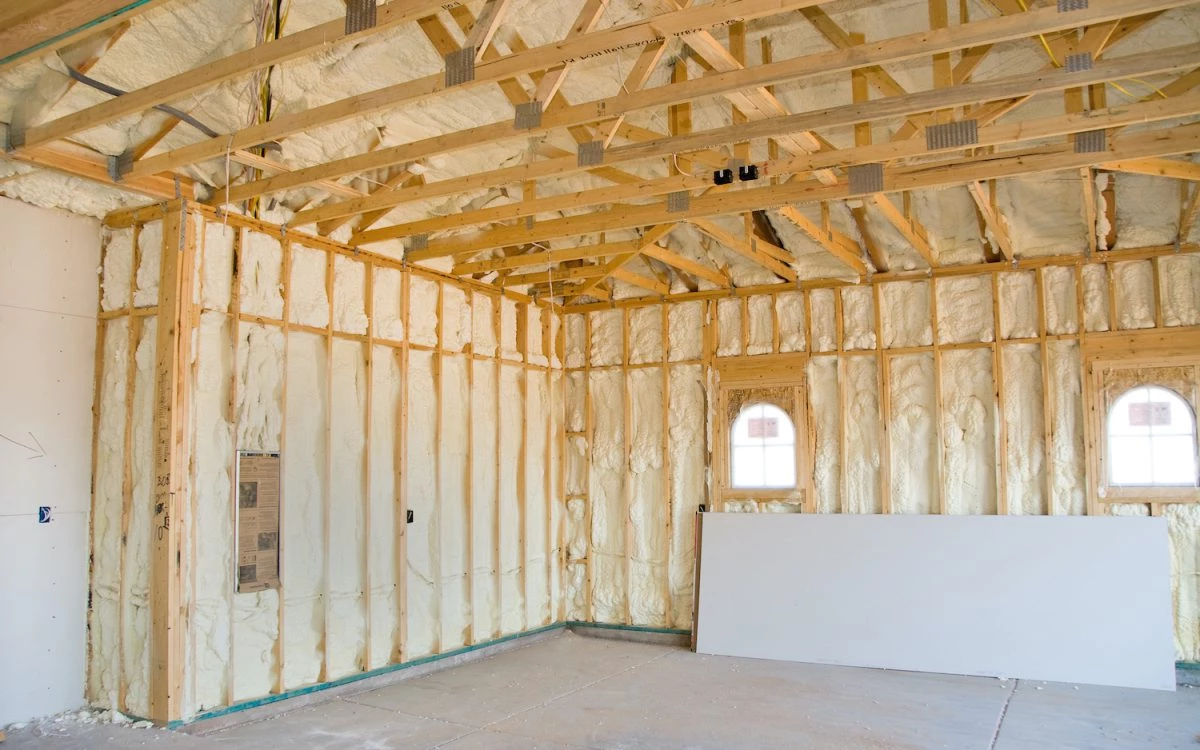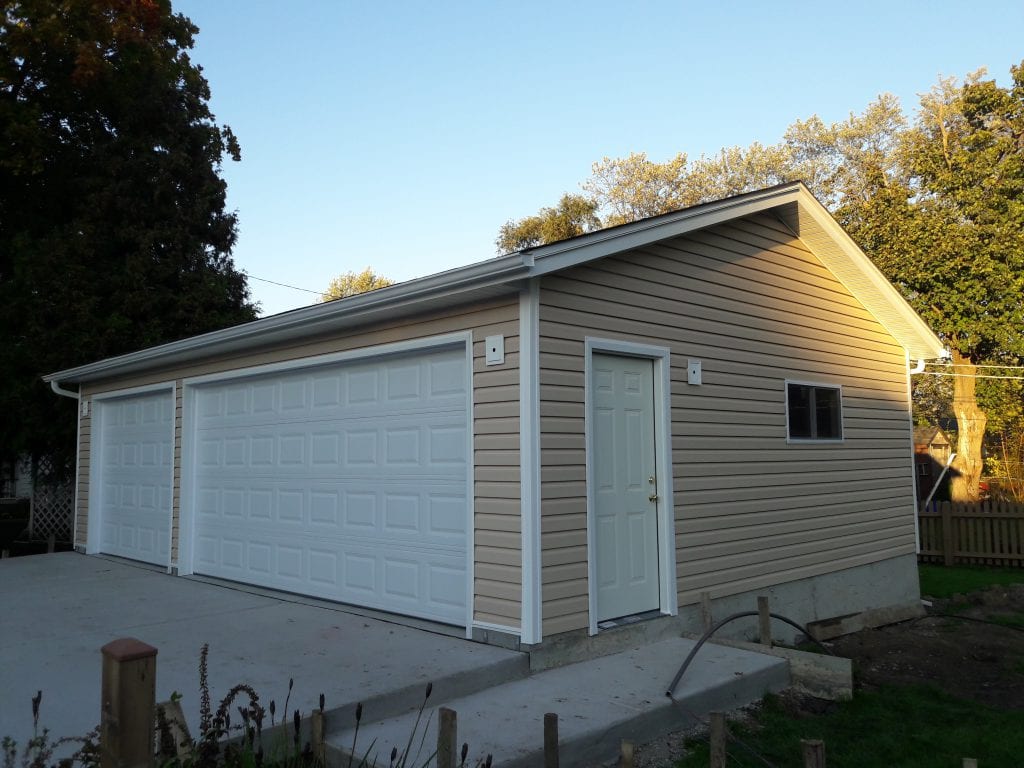Do you want to improve the insulation of your garage roof but don’t know where to start? Look no further! The finest insulation material for a garage roof is discussed in this article, along with helpful hints for making the most of the investment. We’ll break down various types of insulation materials like fiberglass or foam board while discussing key benefits and drawbacks so that you can make an informed choice when selecting one. You’ll also learn helpful installation techniques so that after reading this post, you’d feel confident in picking an option fit for your specific requirements. So sit back, relax, and enjoy reading all about finding the ideal solution for insulating your space.
Selecting The Best Garage Roof Insulation Materials
When insulating a garage roof, choosing the right material for the job is essential in order to protect your residence from excess heat, moisture, and noise. One of the best materials to use for insulating your garage roof is fiberglass insulation. Fiberglass insulation helps reduce heat within your residence, so it won’t become over-heated in warm climates. The material also serves to insulate sound throughout the room, preventing your neighbors from hearing excessive noise emanating from your garage. Furthermore, fiberglass will help protect against moisture that can seep through the roof, which can cause expensive damage down the line. Taking all of these qualities into consideration makes fiberglass insulation a practical choice for insulating your garage roof and maintaining its energy efficiency year-round.
Advantages and Disadvantages of Various Insulation Materials
While deciding on the finest insulation material for your garage roof, it is important to examine both the benefits and drawbacks. Certain materials, such as mineral wool or cellulose, offer great thermal protection, yet may need additional effort in terms of effort and resources for installation. Spray foam insulation is known for its high-efficiency capabilities but can be costly upfront and requires expert installation. Meanwhile, rigid board insulation prevents sound from entering the residence while providing excellent protection against temperatures, although it can be heavy to work with amid setup. In the end, the selection of insulating material should be based on your own requirements and tastes so that you may decide what would work best for you.
FAQs about Installing and Maintaining Garage Roof Insulation
Installing garage roof insulation is a competent way to provide extra protection from extreme weather and keep energy costs down. Before you jump in, make sure you know the basics – you may have questions about the installation procedure, the best insulation materials to use, and even how to keep your garage roof insulation over time. Fortunately, from local guidelines to internet tutorials, you can easily obtain the knowledge you need for a successful installation of garage roof insulation! Read our FAQ and get the answers.
Q: What is insulation for a garage roof?
A: Insulation for a garage roof is the process of adding a coat of material to the roof of the garage to prevent heat loss or gain, and to make the garage more energy-efficient.
Q: Why should a garage roof be insulated?
A: Insulating a garage roof is important because it helps to keep the garage at a more comfortable temperature, which can save energy and money on heating and cooling bills. It can also avoid damage to vehicles or other items stored in the garage by protecting them from extreme temperatures.
Q: What materials can be used for garage roof insulation?
A: For garage roof insulation, a variety of materials may be utilized, including fiberglass batts, cellulose insulation, spray foam insulation, and rigid foam insulation.
Q: How do I know how much insulation is needed for my garage roof?
A: The amount of insulation needed for your garage roof will depend on several factors, including the diameter of the garage, the type of insulation used, and the climate in your region. It’s best to consult with an insulation adept to determine the appropriate amount for your specific situation.
Q: Can I put insulation on my garage roof myself?
A: Installing garage roof insulation can be a DIY project, but it’s important to have some knowledge and experience working with insulation. It’s also essential to follow safety guidelines and wear appropriate protective gear. If you’re doubtful of your capacity to complete the task correctly, it is advised that you hire a qualified insulation contractor.
Q: How long does garage roof insulation last?
A: The lifespan of garage roof insulation will depend on the kind of insulation used and how well it’s installed. On average, insulation can last for 15-20 years or more with proper care and maintenance.
Q: Will insulating my garage roof increase the value of my home?
A: By making your house more energy-efficient and pleasant, adding insulation to your garage roof may boost its value. It can also be an attractive selling point for potential buyers.
Conclusion
To sum everything up, when choosing the best insulation material for your garage roof, it is important to consider the factors such as cost, R-value, and installation difficulty. Most products are simple enough that anyone with a bit of know-how can install them without the help of a professional. Your insulation can last you a long time with appropriate upkeep and a few checks here and there. Whether you go with foam board, mineral wool, or even spray foam insulation, any choice will do if it meets your requirements. With so many alternatives on the market now it’s easier than ever to find something perfectly tailored for you. Just remember to shop around and do plenty of research before making your final decision! Do you need help? Get in touch with us! We can help you with garage insulation Chicago and the near suburbs.






 GET A QUOTE
GET A QUOTE